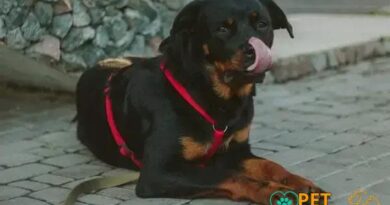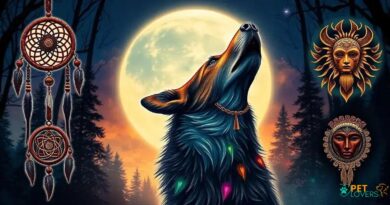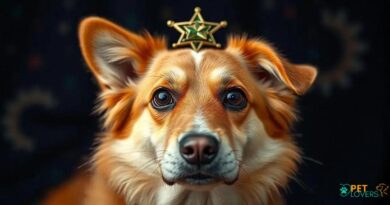What is Young and Old
What is Young and Old in the Context of Dogs?
The terms “young” and “old” in relation to dogs refer to the different life stages that canines experience throughout their lives. Understanding these stages is crucial for pet owners, as it influences care, training, and health considerations. Young dogs, typically classified as puppies or adolescents, exhibit high energy levels, curiosity, and a need for socialization. In contrast, older dogs may display a more relaxed demeanor, requiring different types of care and attention.
Characteristics of Young Dogs
Young dogs, generally under two years of age, are characterized by their playful behavior and rapid growth. During this stage, they undergo significant physical and mental development. Puppies are particularly known for their boundless energy and eagerness to explore their surroundings. This is the ideal time for training, as young dogs are highly receptive to learning commands and socializing with other animals and people.
Health Considerations for Young Dogs
When considering what is young and old, it’s essential to focus on the health needs of young dogs. Vaccinations, proper nutrition, and regular veterinary check-ups are vital during this stage. Young dogs are more susceptible to certain health issues, such as parvovirus and distemper, making vaccinations crucial. Additionally, a balanced diet tailored to their growth needs supports their overall health and development.
Characteristics of Old Dogs
As dogs age, they transition into what is considered the “old” stage, typically starting around seven years of age, depending on the breed. Older dogs often exhibit slower movements, a decrease in energy levels, and may develop health issues such as arthritis or dental problems. Understanding the signs of aging in dogs is essential for providing appropriate care and ensuring their comfort during their golden years.
Health Considerations for Old Dogs
When discussing what is young and old, health considerations for older dogs become paramount. Regular veterinary visits are essential to monitor for age-related conditions such as heart disease, diabetes, and joint issues. A senior dog’s diet may also need to be adjusted to accommodate their changing nutritional needs, focusing on easily digestible foods and supplements that support joint health.
Behavioral Changes in Older Dogs
Older dogs may exhibit behavioral changes that reflect their aging process. These can include increased anxiety, changes in sleeping patterns, and a decreased interest in play. Understanding these changes is crucial for pet owners to provide the necessary support and adjustments to their environment, ensuring that their senior dogs feel safe and comfortable.
Training Young vs. Old Dogs
Training approaches differ significantly between young and old dogs. Young dogs thrive on positive reinforcement and consistent training routines, as they are eager to learn and please their owners. In contrast, older dogs may require more patience and understanding, especially if they have developed certain habits or behaviors over the years. Tailoring training methods to suit the dog’s age and temperament is essential for success.
Socialization Needs of Young and Old Dogs
Socialization is a critical aspect of a dog’s development, particularly for young dogs. Early exposure to various environments, people, and other animals helps young dogs develop confidence and reduce fear-based behaviors. Conversely, older dogs may benefit from socialization as well, but the focus should be on maintaining their comfort and ensuring they are not overwhelmed by new experiences.
Nutrition for Young and Old Dogs
Nutrition plays a vital role in the health of both young and old dogs. Young dogs require a diet rich in protein and essential nutrients to support their growth and energy levels. In contrast, older dogs may need a diet that is lower in calories but higher in fiber to maintain a healthy weight and support digestive health. Understanding these nutritional differences is key to promoting a long and healthy life for dogs at any age.



